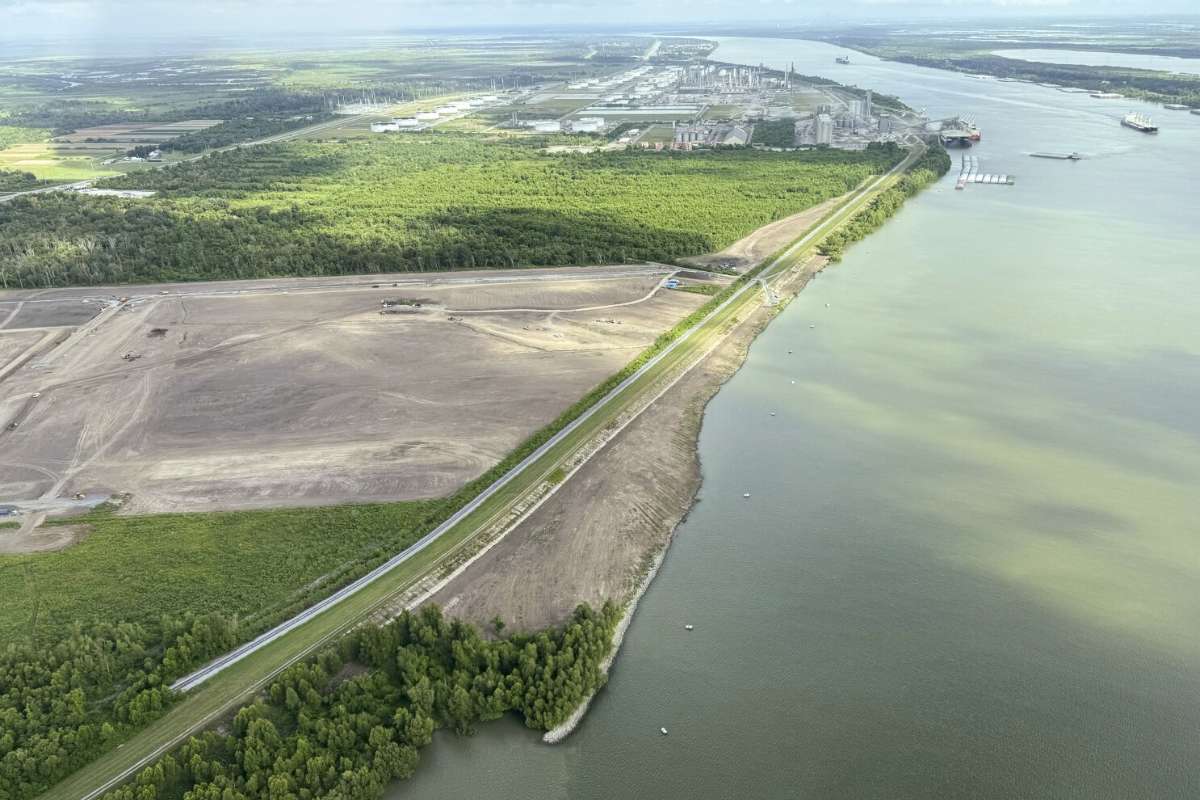In a major policy reversal, Louisiana Governor Jeff Landry has officially canceled the $3 billion Mid-Barataria Sediment Diversion project, a coastal restoration halt restoration initiative that was set to be one of the largest of its kind in U.S. history. The project, funded through BP’s Deepwater Horizon oil spill settlement, aimed to rebuild over 20 square miles of eroding wetlands by diverting sediment-rich water from the Mississippi River into Barataria Basin.
Originally greenlit under former Governor John Bel Edwards, the project had already consumed $618 million in construction and planning. Its sudden termination not only threatens to forfeit an additional $1.5 billion in federal funds but could also trigger a demand to repay the funds already spent. The Louisiana Trustee Implementation Group, which oversees Deepwater Horizon recovery funds, indicated that the remaining money might still be reallocated, pending federal approvals.
Coastal Science Meets Cultural Backlash
While many environmental scientists and restoration advocates hailed the project as the best chance to slow Louisiana’s staggering coastal restoration halt, others saw it as a threat to cultural and ecological balance. Opponents, including local fishers, oyster farmers, and shrimpers, expressed concern that the project’s influx of freshwater could devastate bottlenose dolphins and seafood habitats central to the state’s economy and Cajun heritage.
Gov. Landry echoed these concerns, stating the project would have “broken” the seafood industry. Mitch Jurisich, head of Louisiana’s Oyster Task Force, likened the project to past government overreaches, such as restrictions on Cajun French, calling the cancellation a win for local communities.
Fueling the controversy further was the 2022 internal report allegedly concealed during earlier permit proceedings. The study suggested that the project’s land-building outcomes may have been overstated. Its recent disclosure led the U.S. Army Corps of Engineers to suspend the project’s federal permit, casting doubt on whether key decision-makers had all the facts at the time.
What Comes Next for Louisiana’s Coast?
Though the sediment diversion has been shelved, the state’s Coastal Protection and coastal restoration halt Authority promises to pursue alternative strategies. These include smaller-scale sediment diversions and marsh creation projects that could come at one-third the cost. However, environmental groups argue that these scaled-back efforts won’t match the impact of the now-defunct diversion project.
Organizations like Restore the Mississippi River Delta maintain that the cancellation sets a dangerous precedent—where political shifts can override years of scientific review and public planning. “There is no single restoration project in the U.S. that’s undergone more scrutiny,” said one advocate, warning that Louisiana’s coast, already vanishing at a rate of a football field every 100 minutes, cannot afford further delays.
As the state pivots toward alternative restoration, the cancellation raises complex questions: Will the redirected funding be enough? Can smaller projects offer meaningful protection? And what role should science, economics, and culture play in shaping climate resilience?
Explore More News In Our Oil Gas Energy Magazine












